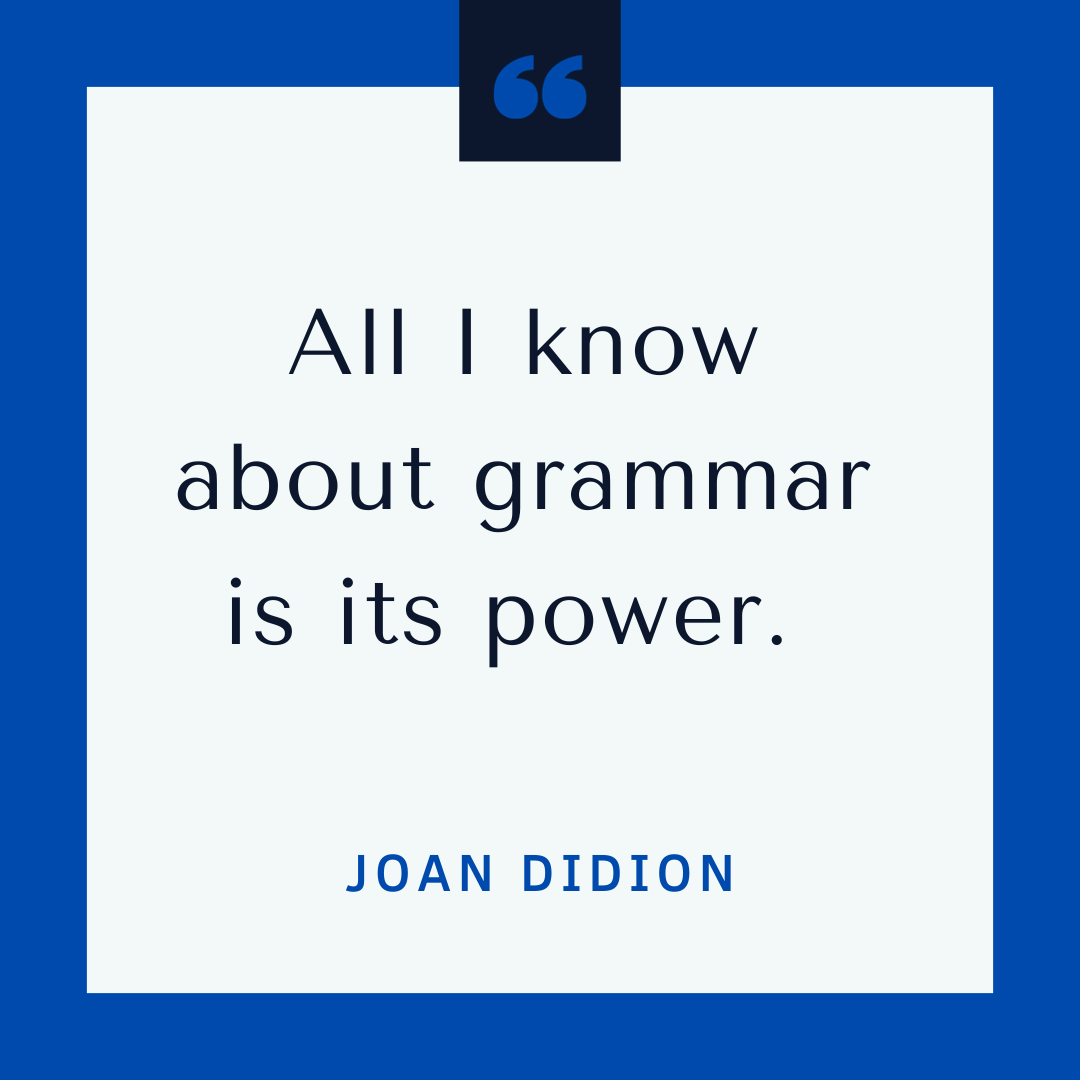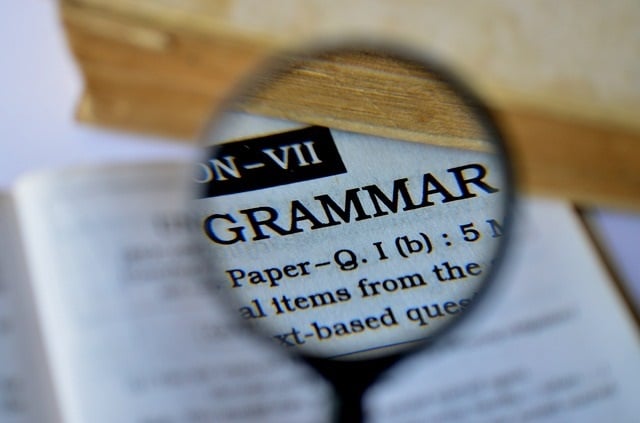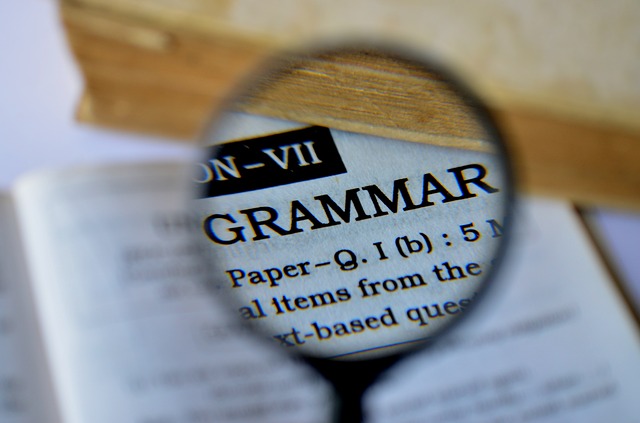It doesn’t take repeated run-ins with the grammar police to make people hate grammar. It seems more like an inevitability. An innate disgust. “We all hate port-a-potties, nails on a chalkboard, and grammar.”
But if it’s not a unanimous, inborn hatred, then why do people hate grammar? I’ve consolidated the five most common explanations for your joyful commiseration.
5 Reasons People Hate Grammar
- Grammar is confusing. There are a million complicated rules. In the ungrammatical but apt words of a much-memed Kimberly “Sweet Brown” Wilkins, “Ain’t nobody got time for that.”
- Grammar is boring. The only people who nerd out on grammar are just as insufferable as the grammar they proclaim to love (and they have to be lying, right?).
- Grammar is elitist. You know who created grammar? People in power. You want to know which people struggle with mainstream grammar and have been excluded from society, opportunities, respect, and countless other benefits of speaking “acceptably” and “correctly”? Marginalized people. Grammar is, in short, “the man.”
- Grammar is pointless. What’s the big deal, anyway? When you turn on the news, correct grammar pales in comparison to all the horrifying things happening—the stuff that does matter. You’ve “got 99 problems,” and grammar ain’t one of them.
- Grammar is poorly taught. If you’re like me, your primary/secondary grammar education could be summarized by a random smattering of the definitions for words such as “subject,” “verb,” “adjective,” and “predicate.” And even those you aren’t too sure about.













